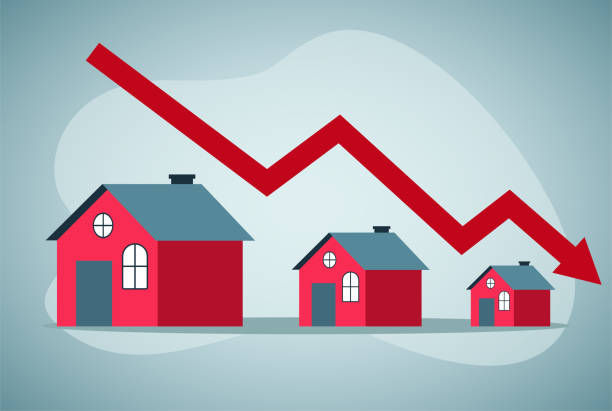Metro Vancouver Housing Market Shows Tepid Recovery Amid Persistent Headwinds
- Ray Khan
- Aug 27, 2025
- 2 min read
July 2025 Market Analysis
Sales Volume (YoY Change):
July 2024: 2,333
July 2025: 2,286 (-2%)

The Metro Vancouver real estate market continues to exhibit sluggish recovery trends, with residential sales in July 2025 declining marginally (-2%) year-over-year (YoY), remaining 13.9% below the 10-year seasonal average (2,656). While some analysts have framed this as a rebound, the data suggests a far more fragile and uneven recovery than industry optimists claim.
Market Dynamics: A Closer Look
Andrew Lis, GVR’s Director of Economics & Data Analytics, notes that the Bank of Canada’s steady policy rate may provide some near-term demand stabilization, but broader macroeconomic uncertainty—including volatile trade relations and persistent inflation—continues to weigh on buyer sentiment.
New Listings (July 2025): 5,642 (+0.8% YoY)
Total Active Listings: 17,168 (+19.8% YoY, 40.2% above 10-year avg.)
Sales-to-Active Listings Ratio: 13.8% (Detached: 10.2%, Attached: 16.7%, Apartments: 15.9%)
This elevated inventory level (17,168) indicates a buyer’s market, with ample supply suppressing price growth. While Lis suggests that inventory has "stabilized," the reality is that demand remains subdued, keeping prices in a sideways trend rather than signaling a true recovery.
Price Performance: Still in Correction Territory
The MLS® HPI Composite Benchmark sits at $1,165,300, down 2.7% YoY and 0.7% MoM, reinforcing that the market has not yet regained lost ground.
Detached Homes: 660 sales (-4.1% YoY), benchmark at $1,974,400 (-3.6% YoY, -1% MoM)
Apartments: 1,158 sales (-2.9% YoY), benchmark at $743,700 (-3.2% YoY, -0.6% MoM)
Attached Homes: 459 sales (+5% YoY), benchmark at $1,099,200 (-2.3% YoY, -0.4% MoM)
Critical Perspective: A Recovery in Name Only
While GVR’s narrative emphasizes a "turning point," the data reveals a lack of robust demand-side momentum. The modest uptick in attached home sales (+5%) does not offset broader declines, and with inventory at decade-highs, sellers remain at a disadvantage.
Key Takeaways:
Market fundamentals remain weak, with sales lagging long-term averages.
Price depreciation persists, particularly in detached and apartment segments.
Supply overhang (40% above 10-year avg.) will continue to suppress pricing power.
Until interest rate cuts materialize and economic conditions improve, Metro Vancouver’s housing recovery will remain tepid at best—far from the "healthy rebound" some are prematurely declaring.



Comments